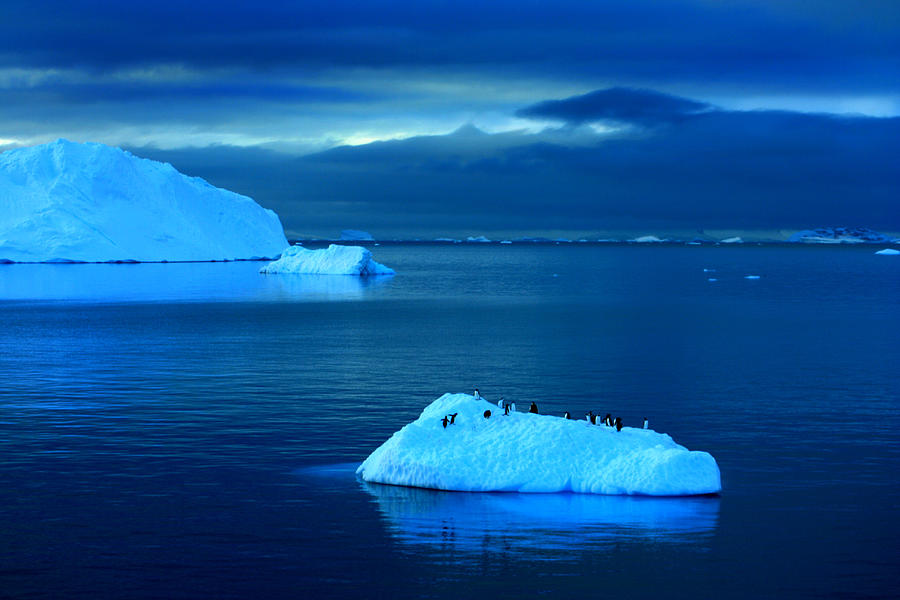

Yet we consume more and more information. Huge colonies of Adlies were once spread throughout the Antarctic Peninsula and the coastline of the continent, but as climate change took hold, populations declined in some areas. Our generation suffers from infobesity, and it’s damaging our ability to focus. Yet we consume more and more information every day, and this unending stream overloads our brains. The breakup of the ice sheet not only provides sunlight to an area equal to 1.5 million of square kilometers, it gives access to investigate the biological communities in the sea floor and track how they are being altered by the phytoplankton sinking to the bottom. Somebody once told me, The brain is an amazing processor but a terrible storage device. Penguins on an Iceberg Penguins on an Iceberg Joe McCormack ApSomebody once told me, The brain is an amazing processor but a terrible storage device. This article is about the iceberg featured in the penguin quest series. Dramatic footage shows the moment a penguin nearly got separated from its family after an iceberg broke off the Antarctic coast. During the previous 10,000 years, the area was covered by an ice sheet up to 200 meters thick. It is discovered in Hunt for Red Raktuber that penguins have a mainland which. Here she will collect plankton samples in an area where photosynthesis has occurred only during the last 7 years.

From January 2nd to March 1st, 2010 Maria will be on the icebreaker Nathaniel B. During winter 2008, she studied the ecology of phytoplankton and its role within the marine ecosystem at the Palmer Station Long-Term Ecological Research Network (LTER), and during spring 2009, she investigated the ecology of phytoplankton within the marine ecosystem surrounding floating icebergs. gentoo penguin takes a big dive into the cold antarctic ocean off of an iceberg. She has participated in various studies involving phytoplankton ecology and physiology including the effects of ultraviolet radiation on photosynthesis to the grazing by Antarctic krill on coastal phytoplankton. Maria Vernet is a marine scientist from Scripps Institution of Oceanography at the University of California, San Diego.


 0 kommentar(er)
0 kommentar(er)
